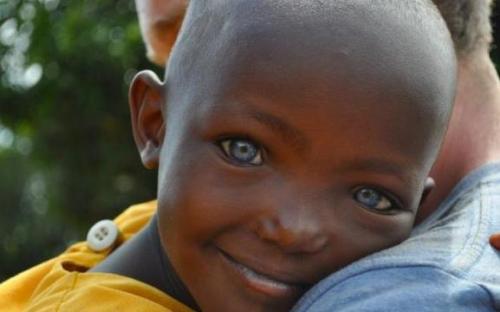Blog
Novel Genetic Variant Confers Protection Against Malaria
follow us on twitter: @GoAfricaNetwork , @DocSamuelJones
JAMA
An international group of investigators called MalariaGEN have identified a new genetic locus in African children associated with resistance to severe malaria (Malaria Genomic Epidemiology Network. Nature. doi:10.1038/nature15390 [published online September 30, 2015]). The study reports that the locus lies near a cluster of genes that code for receptors called glycophorins, which are involved in the malaria parasite’s invasion of red blood cells.

Researchers uncovered this malaria resistance locus by conducting a multicenter genome-wide association study of life-threatening Plasmodium falciparum infection, analyzing and comparing single-nucleotide polymorphisms (SNPs) in DNA sequences of 5633 children who had severe malaria and 5919 children who did not from the Gambia, Kenya, and Malawi. Candidate SNPs were further analyzed and confirmed in 13 946 children from Burkina Faso, Cameroon, the Gambia, Ghana, Malawi, Mali, and Tanzania.
The findings suggest a particular genetic haplotype at this locus is associated with 33% protection against severe malaria and was found most commonly among children in Kenya. Previous studies have reported that genetic variants associated with blood group O and sickle cell anemia also confer resistance against malaria.